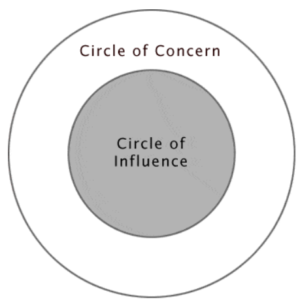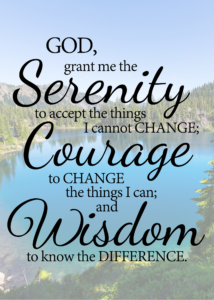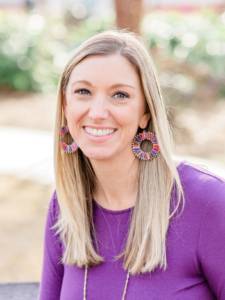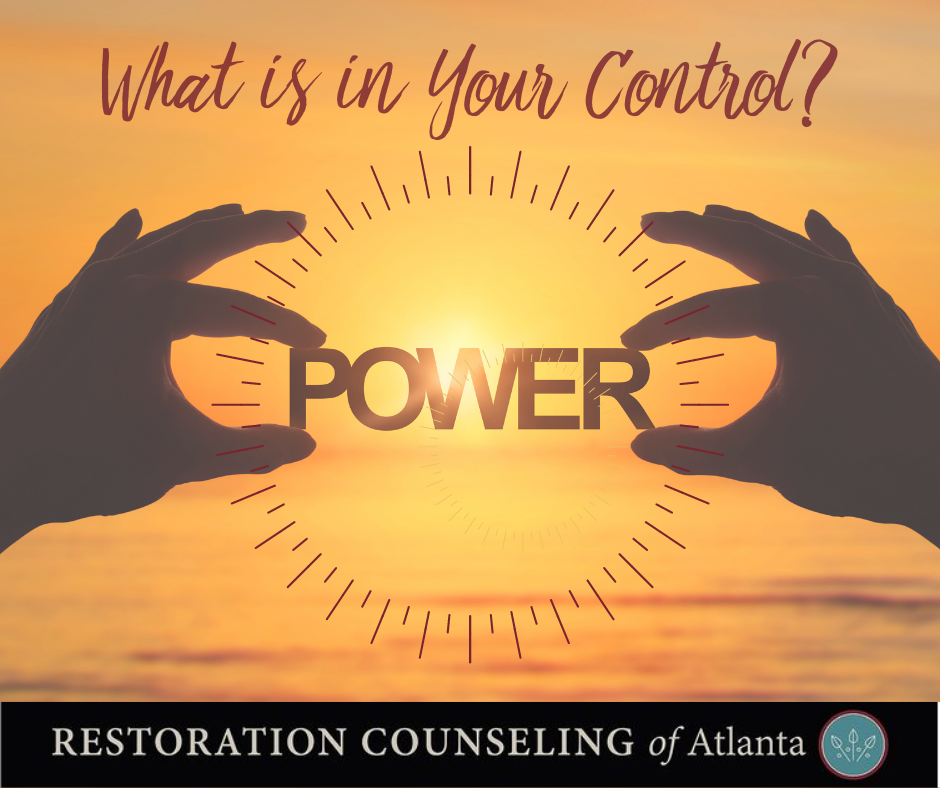What is Control?
Merriam Webster defines control this way:
con-trol
/kənˈtrōl/
noun
1.
the power to influence or direct people’s behavior or the course of events.
“the whole operation is under the control of a production manager”
verb
1.
determine the behavior or supervise the running of.
“he was appointed to control the company’s marketing strategy”
Naturally, as humans, we like to control things. Autonomy is important to us. We like to set our routines, such as what time we like to go to bed or what time we wake up. We like having choices of what we wear each day or what we would like to eat each meal. When we make these small choices each day, we recognize that we have some control over our lives. But what happens when you are unable to control those around you and the environment you are in?
Feeling Stuck?
Reflecting on 2020, I guess most of us were reminded of how many things around us are out of our control. Things like job loss, racial tensions, a global pandemic, loss of everyday freedoms, political tension, human injustice, and lots of uncertainty and change probably were reminders of our limited control. You may have found yourself feeling stuck in 2020. Maybe you experienced more frustration in your life than ever before. We seem to have an innate desire to control, and this may have been rearing its ugly head. These things remind us that there are many external factors that we can not control.
Often, we feel “stuck” or experience frustration because we focus our attention on things outside of our control (i.e., wanting to change other people, wanting to fix the economy, or wanting the global pandemic to be a thing of the past). Problems will arise outside which are out of our control, but we can shift our focus to what is within our control, despite the circumstances around us.
Are you proactive or reactive?
Stephen Covey, the author of 7 Habits of Highly Effective People, developed the Circle of Influence and Concern (see image below). In the illustration of a smaller circle within a larger circle, the larger circle represents the circle of concern. Within the circle of concern, there may be things that concern or affect you but that you have little to no control over. Many of us faced new concerns in our personal circle – from sudden job loss to unexpected racial tensions overlayed by a pandemic.
The smaller inner circle represents the circle of influence. Within the circle lie all the things within our control (i.e., my behavior, attitude, perspective, actions, words, feelings, ideas, and choices). In his book, the first habit he addresses is to be proactive. He suggests that you become proactive by focusing on the circle of concern. An individual who focuses more on the circle of concern would be considered a reactive individual.

Focus on the Right Circle
By shifting our focus to the circle of influence, we not only can become more proactive, but we can also increase the size of our circle of influence and decrease the size of our circle of concern. It is not that our problems will go away. Rather, we choose to focus our attention on the things within our control. Then we can be encouraged when we see the problem differently.
Next time you are faced with a stressful situation or a conflict with a friend, ask yourself, “What is within my control?” Remind yourself of the inner and outer circles and examine which circle you are trying to operate out of. If you find yourself focusing more on the outer circle, shift your focus to what is within your control of the situation or conflict. You may find yourself feeling empowered by a new perspective, which will allow for more growth opportunities!
Are you concerned that you are struggling to cope with stressors that are out of your control? If so, it would be beneficial to pursue counseling to help you gain a greater awareness of what you can do about the situation.

 Written by Heidi Sawyer
Written by Heidi Sawyer
heidi@restorationcounselingatl.com, ext 116
Heidi works with adolescents, ages 14 and up, and individuals. She assists with college and career exploration and planning, anxiety, depression, relationship challenges, spiritual issues, grief, life transitions, goal setting, and self-confidence challenges.

